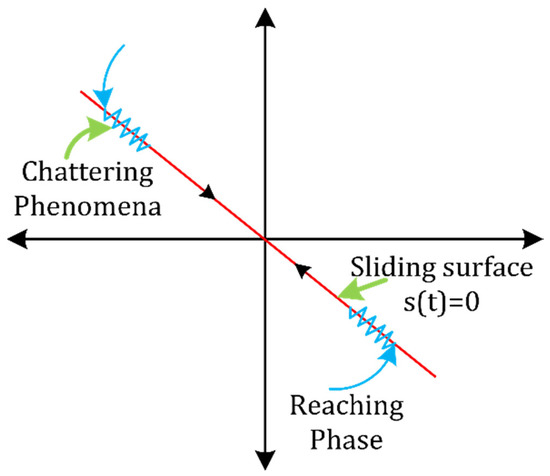Editorial Board Members’ Collection Series: "Artificial Intelligence for Energy Systems"
A topical collection in Energies (ISSN 1996-1073). This collection belongs to the section "F5: Artificial Intelligence and Smart Energy".
Viewed by 2387Editors
Interests: complex system simulation, design and optimisation; artificial intelligence and advanced control systems; power and energy architectures and electrical machines, drives and systems; energy conversion and storage; remote monitoring and sensing; prognostics and diagnostics; low carbon and low emissions operations
Special Issues, Collections and Topics in MDPI journals
Interests: neural networks; adaptive control; fuzzy logic; optimization of control structures using nature-inspired techniques; hardware implementations (FPGA, DSP, microcontrollers) of algorithms based on artificial intelligence; electrical drives; machine learning; digital image processing
Special Issues, Collections and Topics in MDPI journals
Interests: power electronic converters for smart grids; power and energy; instrumentation, controls and automation; mechatronics and intelligent systems; robotics; signal processing
Special Issues, Collections and Topics in MDPI journals
Topical Collection Information
Dear Colleagues,
As our global complex energy systems are transformed away from fossil fuels to clean, sustainable sources, the change will require heightened levels of sophistication in terms of complex system control and optimization. Challenging invention and adaptation will be required, particularly in energy generation (electrical, hydrogen, etc.), transmission and distribution. Coupled to this are the development of tools and technology for the delivery of sustainable energy production, distribution and consumption in the context of societal, economic and environmental pressures and requirements. Traditional system and design modelling, optimization, control theory and applications are of limited effectiveness when applied to problems of this complexity. It is likely that Artificial Intelligence supported by big data analytics and machine learning will be the main tools to solve these problems.
This research collection focuses on the application of AI-based techniques across the spectrum of energy system applications from renewable, sustainable generation through distribution to consumption via complex systems and optimisation. Including smart grid, electrical drives, power electronics and electric vehicles. The goal of this collection is to cover recent advances in energy system planning and operation.
The collection Topics include but are not limited to:
- Energy system planning, including smart grid;
- Energy system optimisation;
- Control, identification and optimisation of electrical drives applied in energy systems;
- Electric vehicle energy systems integration;
- Load forecasting and system adaptation;
- Condition monitoring of energy systems (including electrical drives);
- Renewable energy resource allocation;
- System planning and scheduling;
- Systems economics and societal impact.
Prof. Dr. Paul Stewart
Dr. Marcin Kaminski
Dr. Mohsin Jamil
Collection Editors
Manuscript Submission Information
Manuscripts should be submitted online at www.mdpi.com by registering and logging in to this website. Once you are registered, click here to go to the submission form. Manuscripts can be submitted until the deadline. All submissions that pass pre-check are peer-reviewed. Accepted papers will be published continuously in the journal (as soon as accepted) and will be listed together on the collection website. Research articles, review articles as well as short communications are invited. For planned papers, a title and short abstract (about 100 words) can be sent to the Editorial Office for announcement on this website.
Submitted manuscripts should not have been published previously, nor be under consideration for publication elsewhere (except conference proceedings papers). All manuscripts are thoroughly refereed through a single-blind peer-review process. A guide for authors and other relevant information for submission of manuscripts is available on the Instructions for Authors page. Energies is an international peer-reviewed open access semimonthly journal published by MDPI.
Please visit the Instructions for Authors page before submitting a manuscript. The Article Processing Charge (APC) for publication in this open access journal is 2600 CHF (Swiss Francs). Submitted papers should be well formatted and use good English. Authors may use MDPI's English editing service prior to publication or during author revisions.
Keywords
- artificial intelligence, expert systems, machine learning
- complex modelling and prediction
- smart cities and smart grids
- sustainable energy systems
- renewable energy sources
- energy storage
- hydrogen and electricity energy vectors
- wind, tidal and solar generation
- biomass
- neural networks
- adaptive control
- deep learning
- fuzzy logic
- optimisation techniques (e.g., swarm inspired methods)
- heuristics and hyperheuristics








